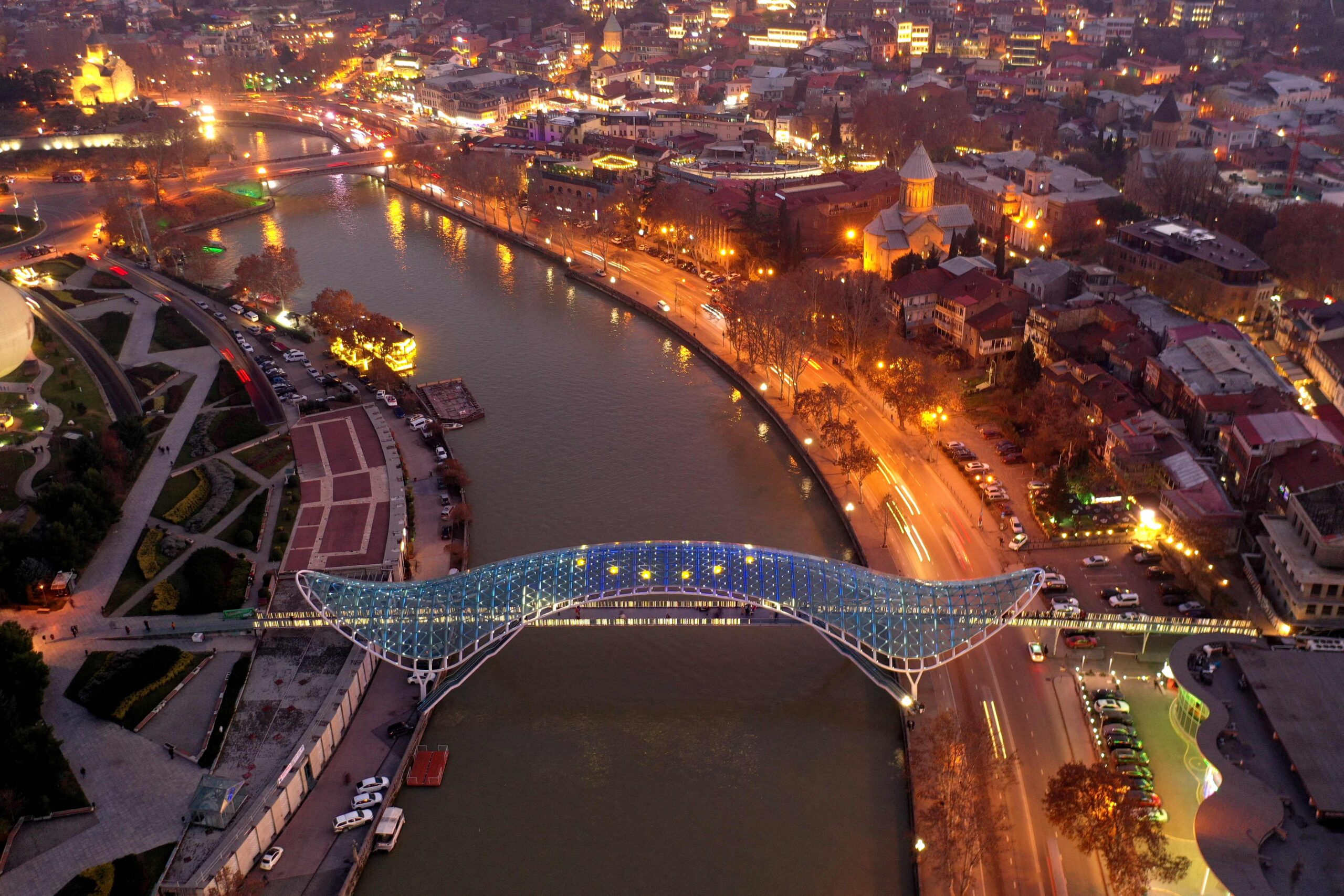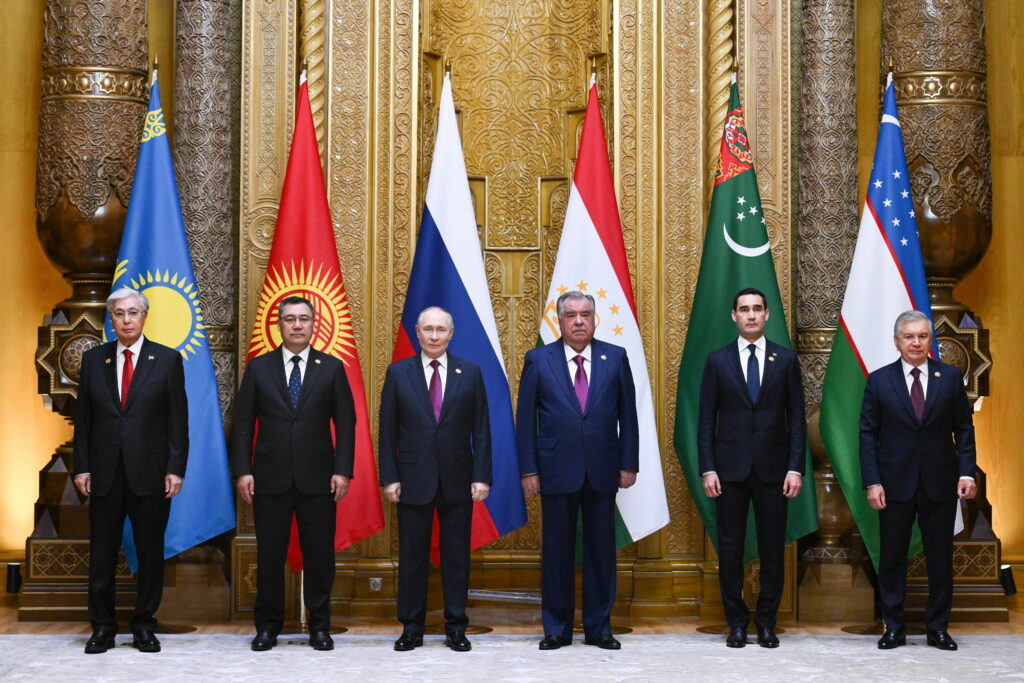Accession to the European Union is a long and laborious process designed to bring the country and its institutions in line with the democratic, economic and social standards adopted by that community of countries. The accession procedure is divided into several stages (submission of the application, its review, the granting of candidate status, negotiations, signing and ratification of the treaty of accession) and can take many years, but does not guarantee the ultimate success.
The length of the procedure is primarily connected with fact that the candidate country needs to fulfil the requirements, conditions and recommendations of the European Commission, but the absence of a timeframe for the process often leads candidate countries to believe that EU member states are unwilling to accept a new country into the community and, in candidates’ view, each stage serves only as a formal barrier that can be leveraged to extend the procedure, to set new ‘homework’ and to entangle the candidate in a bureaucratic routine. Recently, the president of Turkey, a candidate country for EU accession since 1999, emphasised that Ankara «will not accept any new requirements or conditions in the accession process» and that «Turkey expects nothing more from the EU, which has kept us waiting at its gates for as long as 40 years.» The president of Albania, a candidate country since 2014, called the EU enlargement an «underhand process» because «as soon as something happens in the candidate countries, everything is taken to a new circle again.»
Georgia, where more than 80% of citizens support EU membership for their country, officially embarked on this path by applying for membership along with Ukraine and Moldova shortly after the start of Russia’s full-scale military aggression against Ukraine. During its assessment phase, Georgia received the first twelve recommendations, addressing a wide range of political and legal issues, from reforming the judiciary to strengthening the protection of minority rights. A year later, the European Commission found only three recommendations implemented but nevertheless recommended that Georgia be granted the EU candidate status. The European Council adopted the relevant decision on 14 December 2023, sparking a nationwide celebration in the country.
In the Georgian expert community, this decision is regarded, on the one hand, as a consequence of a relatively ‘soft judgement’ on the part of European bodies in the new geopolitical realities, but on the other hand, it does not clear the fog over the country’s European future, as further progress is linked to the «next steps» i.e. nine conditions formulated by the European Commission which, if fulfilled, may undermine the position of the ruling Georgian Dream party.
However, while it is important to fulfil these conditions, sooner or later Georgia’s progress towards European integration will encounter another, most important obstacle, which is not mentioned in the current European Commission’s recommendations, but without being overcome, the country’s full EU membership will become unrealistic.
Separatist regions
This obstacle is related to the fate of two separatist regions: Abkhazia (population: 245,000, area: 8,665 square kilometres) and South Ossetia (population: 56,000, area: 3,900 square kilometres), which together make up about 20% of Georgia’s internationally recognised area but do not live in the Georgian legal, economic and political realities. More than 30 years have passed since the time when, as a result of the Georgian-Abkhazian and Georgian-Ossetian armed conflicts that erupted in the autonomous entities of the then Georgian SSR (the Abkhazian Autonomous Soviet Socialist Republic and the South Ossetian Autonomous District), Georgia lost control over these territories and has no influence on the formation and development of public institutions there. The conflicts began with political disagreements but evolved into ethnic confrontation, leading to the expulsion of the vast majority of ethnic Georgians from Abkhazia and South Ossetia, and the expulsion of some ethnic Ossetians living in the rest of Georgia. Russia played a significant role in the development of both conflicts (for example, armed volunteer groups from the North Caucasus were fighting on the Abkhaz side and detachments of Kuban Cossacks from Transnistria were transferred from Russia into Abkhazia, while the Ossetians were directly supported by Russian military units, acting against Georgian forces). In both cases, the hostilities were stopped with the involvement of Russia, whose peacekeeping forces were positioned along the dividing lines.
After the Russian-Georgian war of August 2008, the regions were recognised by Russia as sovereign states, but they are permanently financially dependent on Russian taxpayers and are provided with Russian military protection, also through a treaty of alliance and integration with South Ossetia and a treaty of alliance and strategic partnership with Abkhazia. Russian military bases with a contingent of about 4,000 personnel each, several military camps, military airfields, military garrisons and other military facilities have been deployed in both regions, and there plans to set up a permanent base for the Russian navy along the Black Sea coast in Abkhazia. Today, almost the entire population of these quasi-states have Russian citizenship and are even preparing to participate in the upcoming Russian presidential elections in March 2024.
When the European Commission recommends that Georgia should «improve parliamentary oversight, notably of security services,» «pursue and complete a holistic and effective reform of the judicial system, including a thorough reform of the High Council of Justice and the Prosecutor General’s Office» or «ensure a free, fair and competitive electoral process,» Georgia is understood as a country within its internationally recognised borders, which in fact means that the recommendations are extended to the non-controlled territories as well. However, the current democratic and legal standards or the level of socio-economic development in Abkhazia and South Ossetia do not meet the standards required even to start the process of European integration, let alone meet the Copenhagen criteria. The average monthly salary in these regions does not exceed USD 150, a significant part of the economy can be classified as shadow economy and, as a local economist recently remarked, «there is no money for anything.»
All this means that if, or when, Georgia successfully implements the current recommendations and moves to the next stage of European integration, the question of its full membership will very likely be postponed until the country restores its territorial integrity. Moreover, if Georgia succeeds in reintegrating the uncontrolled regions, which is the firm belief of Bidzina Ivanishvili, the founder and honorary chairman of the Georgian Dream who recently returned to politics, the authorities will not only have to find ways of peaceful coexistence between the once feuding nations, but will also have to deal with extremely sensitive issues (the return of some 290,000 Georgian displaced residents and refugees, property restitution, dismantling of Russian military facilities, return of property expropriated by Russia, etc.), but also start a large-scale reform and readjustment of all public institutions in these territories in order to ‘straighten’ them up and bring them in line with the adopted European democratic and legal principles. All this will require time and enormous financial, human and material resources, which will naturally further delay the prospect of Georgia’s full membership in the EU.
The ‘precedent’ of Cyprus
For Georgia, however, there is no other realistic alternative to the scenario that envisages territorial integrity first, followed by EU membership, although some European officials admit the possibility for the country joining the EU without Abkhazia and South Ossetia, with their European integration happening at subsequent stages. However, the accession of any country to the EU in subsequent parts has no precedent in the history of European integration. The case of Cyprus, often cited as an exception (this country joined the EU in 2004 with an unresolved territorial conflict) is not applicable to Georgia since the EU accepted the Republic of Cyprus as a single state, recognising Northern Cyprus as a temporarily occupied territory, making its de-occupation a condition for Turkey’s admission to the EU.
In the current realities of full-scale military actions in Ukraine and the threats posed by Russia to the established system of international security, it is obvious that European politicians do not consider the EU accession scenario within Georgia’s internationally recognised borders. Moreover, such a scenario is not suitable for Georgia itself: unlike Turkey, Russia is openly opposed to the West, does not aspire to become a member of the EU and wages war against a country that has been granted the EU candidate status. It is also worth noting that the hopes of European politicians have not been fulfilled even though 20 years have passed since Cyprus joined the EU: neither the de-occupation nor reunification of the island have taken place, Turkey does not recognise the existence of the Republic of Cyprus and keeps about 35,000 Turkish soldiers on the occupied territory, conflicts occasionally break out in the buffer zone and the Turkish president insists on international recognition of Northern Cyprus.
All this means that Georgia’s accession to the EU without Abkhazia and South Ossetia, with the ‘Russian factor’ retained in these territories, may make the restoration of the country’s territorial integrity even less likely than the reunification of Cyprus.
The opening prospects
Georgia has been striving to become a member of the EU since its independence, despite the fact that the country was not seen as European until the mid-2000s and did not even have theoretical prospects of European integration. Today, Georgia has been granted candidate status for EU accession, with a clear path to full membership outlined. This path is fraught with serious challenges for the Georgian authorities: if they are overcome, this could reduce public support for the ruling party and undermine its dominant position in the political system. For example, in order to meet European standards in the area of human rights, the Georgian authorities need to significantly reduce homophobia in society, which is currently at the highest level in Europe. In foreign policy, they need, in particular, to bring Georgia’s foreign and security policy closer to the EU, whereas it is only 43% compliant today (European Commission notes that Georgia has not acceded to EU restrictive measures against Russia, including airspace closures, to any sanctions against Belarus, to statements made by the EU High Representative and European Council decisions on Iran, Turkey and a number of African countries, as well as to the EU Global Human Rights Sanctions Regime). In the sphere of political freedoms, the authorities will need to strengthen the independence of the judiciary, ensure freedom of the media and develop multi-party governance.
Once the candidate status is granted to Georgia, the prospects of full EU membership serve as a powerful driver of socio-economic development, improvement of public institutions and strengthening of the rule of law, which is why if the Georgian authorities make skilful use of these opportunities, this can win them broad public support. It is noteworthy that countries that have been granted this status but have not yet become EU members have experienced a steady increase in prosperity, as evidenced by the GDP dynamics between the year when they obtained the status and the present day. For example, Albania received the status in 2014 and its GDP has grown by 43% since then. Serbia received the status in 2012, and its GDP has grown by 47%. For Montenegro, which received the status in 2010, the GDP has grown by 51% while North Macedonia received the status in 2005, recording GDP growth by 117%. A similar improvement has been observed in EU Member States, based on the comparison of their GDP in the year when they obtained the status with the GDP figures in their accession year. For example, Bulgaria’s GDP grew by 235%, Croatia’s figure rose by 42%, with 93% for the Czech Republic and 107% for Slovakia.
Nevertheless, there is a more significant challenge standing in the way of Georgia’s European integration, namely restoration of the country’s territorial integrity. Very favourable preconditions for overcoming this challenge may emerge in the near future, given the changing geopolitical realities caused by the Russian military aggression in Ukraine, namely the significant weakening of the ‘Russian factor’ in Abkhazia and South Ossetia. In the context of factors such as the ever intensifying sanctions against Russia; the 2023 federal budget deficit and the expected budget deficit in 2024−2026 and the dependence of 75% of Russian regions on federal grants for the equalisation of available budgets, Georgia will obviously have ever fewer resources to support these territories (considering that the planned share of financial aid from Russia in the 2024 state budgets of Abkhazia and South Ossetia is set at 39% and 80% respectively). Furthermore, the organisational and logistical degradation of the Russian army observed in the context of the war puts these regions in a very vulnerable position, while at the same time opening up opportunities for peaceful conflict resolution.
Therefore, in addition to completing the current ‘homework’ from the European Commission, the Georgian authorities should already start devising ways towards non-violent reintegration of the uncontrolled territories, offering the Abkhaz and Ossetian peoples a new reality in the context of European integration and comprehensive development in accordance with European standards and principles. For Abkhazia and South Ossetia, the alternative to this path is a fictitious independence outside of the EU, fuelled by the country that is the world leader in terms of the number of sanctions imposed. At the same time, from Russia’s perspective, these territories are now more of a financial burden than an asset giving political dividends. Accordingly, in the event of a possible radical change of power in Russia, they may become a convenient bargaining chip towards the easing of the sanctions and demonstrating support for the wish once expressed by the German Chancellor that the voice of the people of Europe «must be heard throughout Europe, from the Mediterranean to the North Sea, from Lisbon to Tbilisi.»










